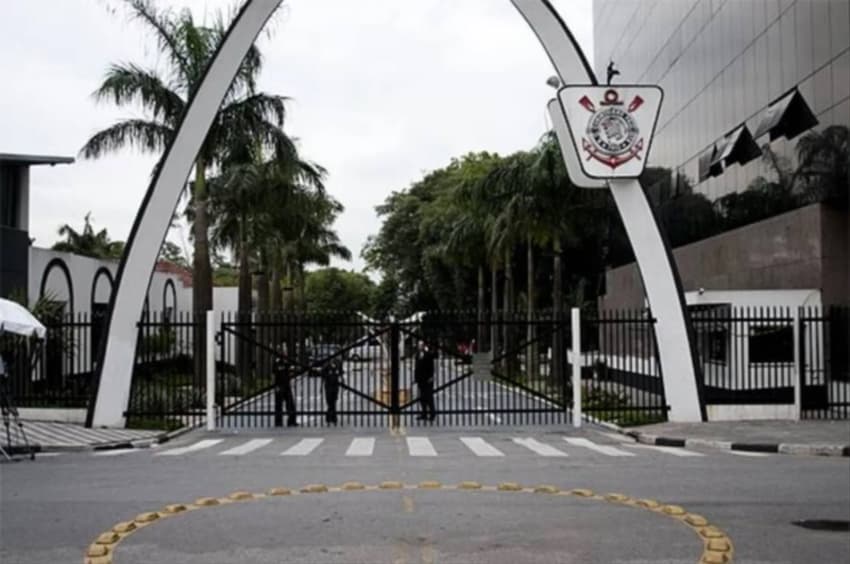In a significant legal development that has sent ripples through the Brazilian sports landscape, the iconic football club Corinthians has achieved a major victory in court, successfully annulling a tax debt valued at a staggering R$ 298 million (approximately $60 million USD). This decision, rendered by the 1st Public Court of the Central Forum, marks a crucial moment for a club grappling with immense financial challenges.
Navigating the Fiscal Labyrinth: The Core of the Dispute
The annulled tax collection pertained to the ISS (Imposto Sobre Serviços – Service Tax) from the years 2015 to 2018. At its heart, the dispute hinged on a fundamental question: Do activities such as sponsorship agreements, television rights, and static media advertising constitute “service provision” under municipal tax law? Corinthians’ legal team adamantly argued they do not.
For years, Brazilian football clubs, often operating as complex commercial entities despite their sporting nature, have found themselves entangled in a web of taxation debates. The classification of income streams is paramount, as it directly impacts tax liabilities. Corinthians’ argument was precise: revenue derived from intellectual property, marketing rights, or broadcasting agreements differs fundamentally from traditional service provisions, such as consulting or maintenance, which are clearly subject to ISS.
A Constitutional Verdict and its Implications
The court`s decision sided with the club, pointing to the unconstitutionality of the municipality`s tax demand. This isn`t merely a technicality; it`s a declaration that the legal basis for the collection was flawed. Such a ruling sets an important precedent, potentially influencing similar cases for other sports organizations in Brazil. The municipality of São Paulo will now be required to cover the procedural costs and attorney fees, calculated based on the full value of the annulled debt – an additional financial blow to the tax authorities, one might say, for attempting to collect an unconstitutional levy.
While the decision is subject to re-examination by the 18th Chamber of Public Law of the Tribunal de Justiça de São Paulo, the initial ruling offers a significant boost to Corinthians’ ongoing efforts to stabilize its financial bedrock. Leonardo Pantaleão, the legal director for Corinthians, expressed the club`s relief and strategic intent:
“This important defense reinforces Corinthians’ commitment to resolving its debts and re-establishing its reputation across various spheres of society, contributing to a financial restructuring, which is the main objective of the current administration.”
His words underscore a critical point: this isn`t just about winning a lawsuit; it`s a strategic move within a much larger financial rehabilitation plan.

The Broader Financial Landscape: A Mountain Still to Climb
While R$298 million is a substantial sum, it must be viewed within the context of Corinthians’ overall financial burden. As revealed in their most recent financial statement to the Deliberative Council at the end of April, the club’s total debt stands at an eye-watering R$ 2.5 billion (roughly $500 million USD). The annulment, therefore, represents a much-needed breath of fresh air rather than a complete cure.
The club’s financial state has been described in stark terms. The provisional president, Osmar Stábile, famously labeled the situation as “scorched earth.” Reports even indicate that the club struggled to meet its payroll obligations for players just last month. Such revelations paint a grim picture, highlighting the immense pressure on the current administration to find innovative ways to manage and reduce this mammoth debt.
Beyond Corinthians: A Precedent for Sports Taxation?
This legal triumph could transcend the confines of Parque São Jorge. If the ruling withstands further review, it could establish a significant precedent for how sports-related revenues are taxed across Brazil. It forces a re-evaluation of how municipal governments classify the unique financial ecosystem of professional sports clubs, potentially leading to clearer and more equitable tax frameworks. For an industry that generates billions yet often operates on razor-thin margins due to high operational costs and player salaries, such clarity is invaluable.
In essence, Corinthians’ victory is more than just a win on paper; it`s a testament to the complex interplay between sports, law, and finance. It underscores the ongoing challenge for traditional institutions like football clubs to adapt to modern commercial realities while navigating intricate legal and fiscal landscapes. As Corinthians continues its arduous journey towards financial stability, this annulment provides a vital, if not complete, step forward in that direction.








